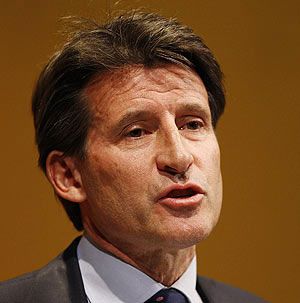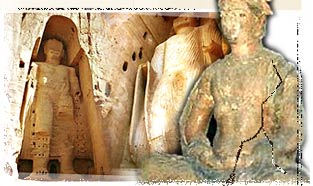Sebastian Coe's life was changed by his 1,500m gold medal at the politically riven 1980 Olympics so it came as no surprise to hear him argue on Saturday that a suggested boycott of next year's Sochi Games was misplaced.
 Coe, along with many other British athletes, defied a government call to boycott the Moscow Games in protest at the Soviet invasion of Afghanistan and went on to win the 1,500 after surprisingly losing to compatriot Steve Ovett in his preferred 800.
Coe, along with many other British athletes, defied a government call to boycott the Moscow Games in protest at the Soviet invasion of Afghanistan and went on to win the 1,500 after surprisingly losing to compatriot Steve Ovett in his preferred 800.
Back at the same Luzhniki stadium for the athletics world championship 33 years later, Coe, an IAAF council member, dismissed calls for a boycott of the Sochi winter Olympics over Russia's new anti-gay propaganda law.
"I am against boycotts. I don't think they achieve what they set out to do. They harm only one group -- the athletes," said Coe, who headed the organising committee for the 2012 London Olympics and it widely tipped to be the next president of the International Association of Athletics Federations.
"International sport is not an inhibitor of social change, it actually has a catalytic effect.
"This stadium in a large part defined what I did in my athletics career and a large part of what I went on to do.
"I believed that coming to Moscow in 1980 was the right thing to do and 10 years later we saw those changes," added Coe, who retained his 1,500m title at the Los Angeles Games in 1984 which were boycotted by the Soviet Union and several other Eastern European nations.
Coe, speaking to reporters during the mid-day break in the first day's action of the August 10-18 championships, added that he agreed with the comments of International Olympic Committee president Jacques Rogge, who said on Friday that the IOC wanted a clear translation of the law and clarification of how it would be applied.












